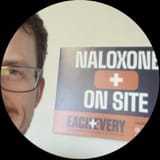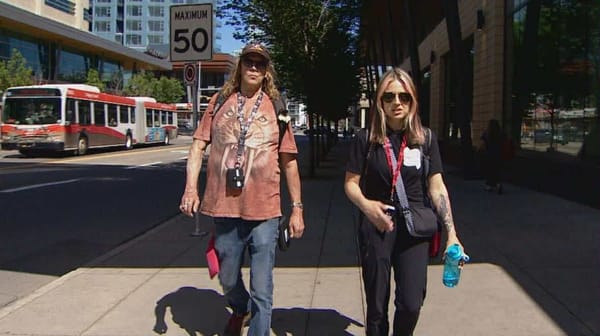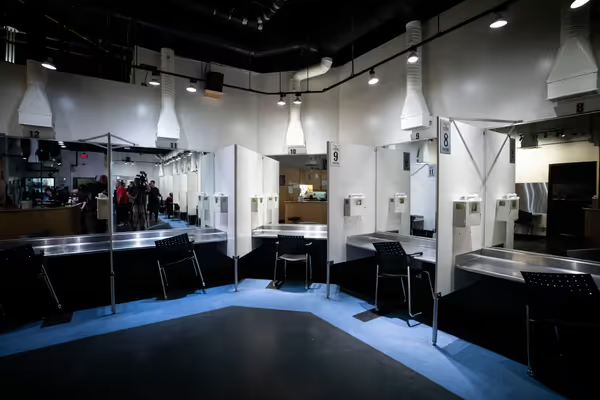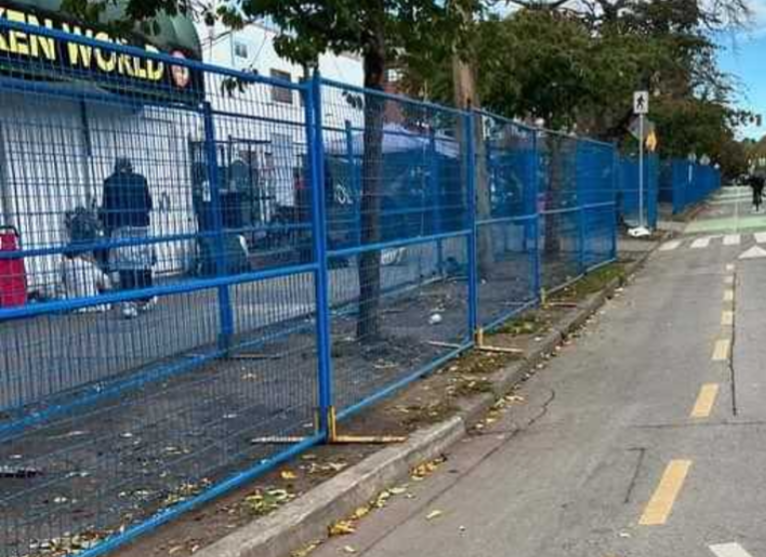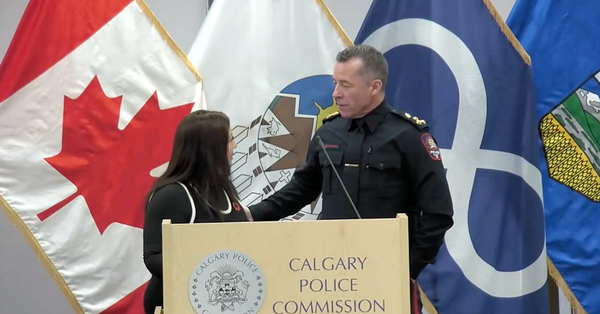Did Calgary Police break human rights law?
Covering Police Commission's report on a Calgary Police trauma training scandal prompted a revealing conversation with Commission on religious neutrality.
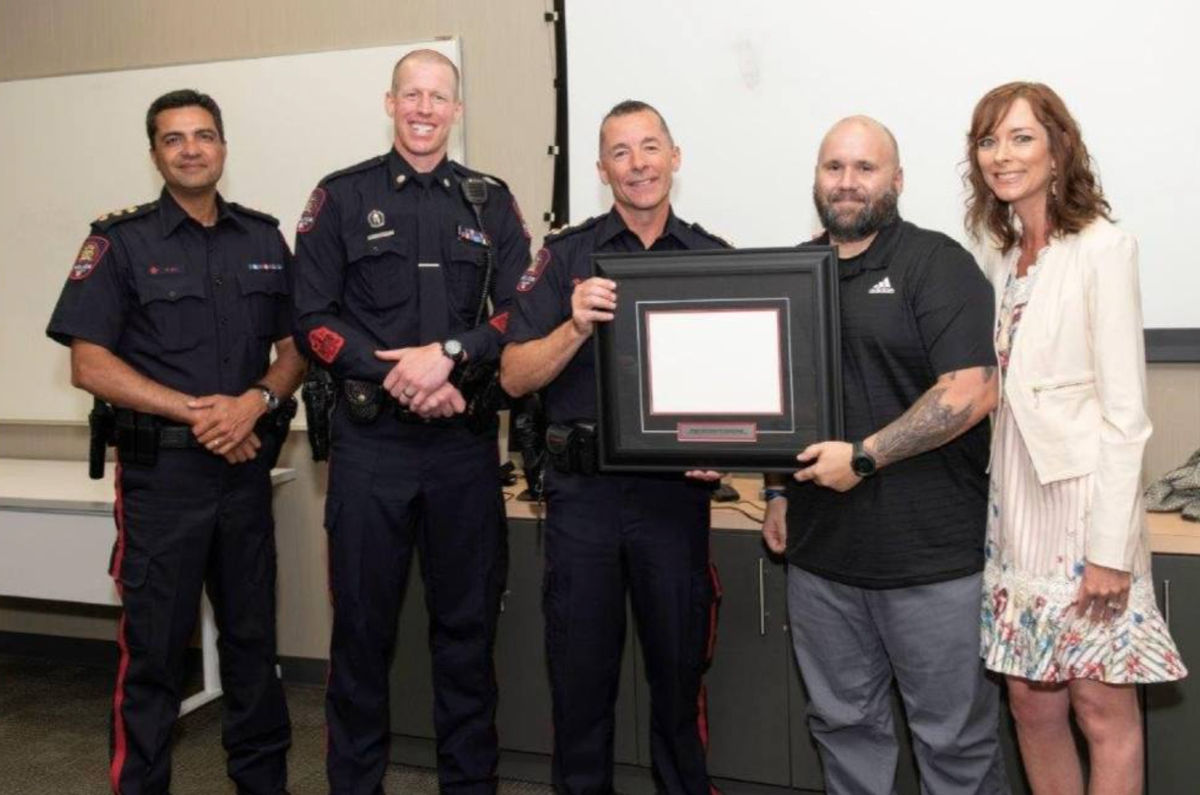
If you’re struggling to grasp the Calgary Police trauma counselling services scandal, you’re not alone.
I despise this story. It’s a great example of how complex, intangible information can be spooled out with strategic timing to create just enough smokescreen for a cover-up.
The Final Report’s release was timed for the Friday that kicked off Stampede. The only media coverage — a short CBC Radio bit the Monday after — landed on Calgary’s most hungover day of the year.
So, as undoubtedly wished by Calgary Police and its increasingly friendly ‘citizen oversight’ Commission, the Report’s release was buried by the news cycle.
But through all the smoke, there was one breath of fresh air. Of all places, it happened on Twitter.
Unrolling the timeline
Let’s straighten this story out, because it’s clear many of us need it:
September 8, 2022: Calgary Police Service is revealed to have hired an unaccredited college run by a “certified sexologist” to teach trauma counselling to police officers. Seriously, go read the first 3 paragraphs of the story by Charles Rusnell and Jennie Russell. It’s wild.
Calgary Police Executive Director of Resiliency and Wellness Stacey Ferland completes her unaccredited “PhD in clinical police pyschophysiology” (not a real thing) from the same college shortly before this story breaks.
Friday, Sept. 16, 2022: Calgary Police Commission holds an in camera meeting with Police leadership to discuss the matter and request results of the Police internal investigation, which had been launched eight days prior to Rusnell and Russell’s story breaking.
The Calgary Police internal investigation discloses that the relationship with the unaccredited college was initiated in early 2021. It is unclear whether Ferland had undertaken her “degree” prior to this period.
Several other members of Calgary Police were working through similar degrees or had received certificates from the college.
September, 2022: The Alberta government’s Director of Law Enforcement determines that the matter does not meet the requirements for investigation by the Alberta Serious Incident Response Team (ASIRT).
[Timeline unclear]: A Calgary Police detective conducts an investigation to determine if criminal wrongdoing had occurred, and finds no evidence of such. This report is not released publicly but is reviewed by “the RCMP” (number of officers and their capabilities not disclosed).
[Timeline unclear]: Calgary Police hires an independent law firm to conduct a third-party workplace investigation. The report is not released publicly but flags the Wellness and Resiliency Division led by Stacey Ferland as requiring more oversight.
January 15, 2023 (approx.): Stacey Ferland resigns from her position.
January 23-24, 2023: Charles Rusnell publishes a two-part follow-up story detailing the flags raised by an American expert that went unheeded by Stacey Ferland and how other organizations had been duped by the same “college.”
January 25, 2023 (presumably at monthly Regular meeting): Police Commission hires an “independent expert” with knowledge on mental healthcare for first responders to investigate if content taught by the unaccredited college contaminated other programming within Calgary Police, and to “ensure that [mental health] care being provided is religiously neutral, given the connections some faculty members of the college had with police chaplaincy programs.” (It is later revealed that a Social Worker with contracts with Edmonton Police was hired to conduct this investigation.)
Between January and March, 2023: Stacey Ferland finds a new job as Clinical Manager for clinical programming at Edgewood Health Network, the for-profit company that runs the new publicly-funded 75-bed therapeutic community (the new jargon for rehab centre) in Red Deer.
March 2, 2023: Charles Rusnell publishes a story implicating Calgary Police Commission alongside Calgary Police in a cover-up of the scandal, as described by “four former and current Calgary police and RCMP officers, two criminologists and a whistleblower.”
June 28, 2023: At the Calgary Police Commission Regular Meeting, no mention is made of the Final Report during the meeting or in the meeting agenda. The Report is discussed between Calgary Police leadership and Commissioners at an in camera session following the Regular Meeting.
July 7, 2023: The Final Report is posted in a sidebar on Commission’s meeting website. Commission announces the Report over Twitter.
July 10, 2023: CBC Calgary covers the Final Report in its local news brief on radio, but does not post the story online (a regular issue with CBC Calgary — wish someone would address this!). No other news outlets cover the story.
But later that day…
Calgary Police Commission posts a reply to my Twitter post describing the story I wrote on the Final Report.
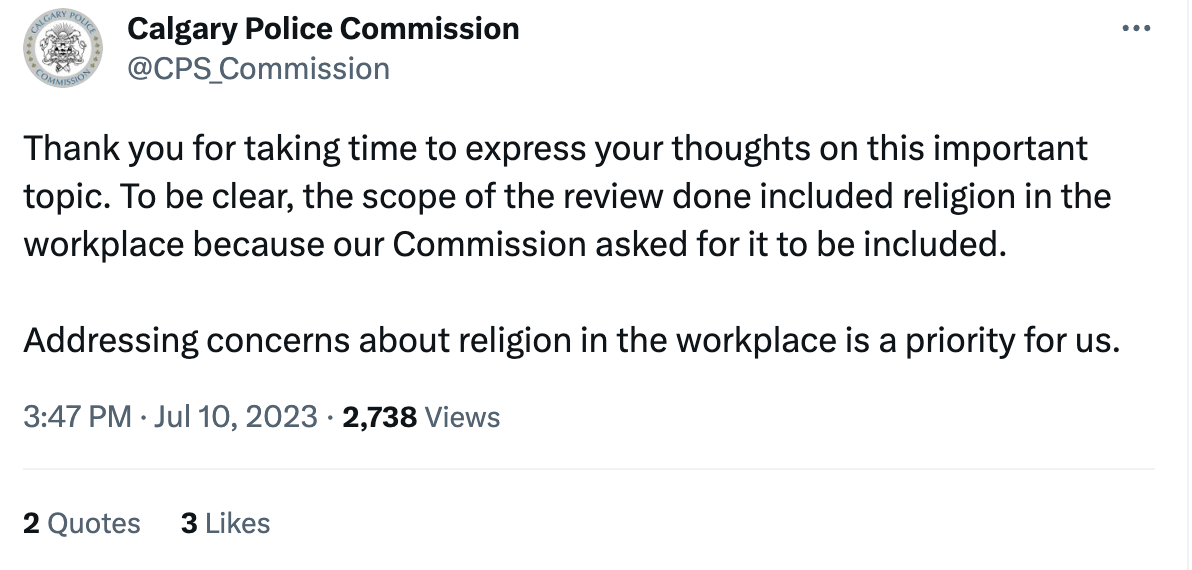
Commission’s point above, that the scope of the review included religion in the workplace, is largely why I took an interest in this story with my initial piece on it. After all, Calgary Police are proponents of drug criminalization and tied to Alberta’s religious addiction programming through the UCP’s abstinence-or-death drug policy.
But the review’s scope to include religious neutrality wasn’t mentioned in their Twitter post — the only place the Report was announced. Regardless, I had my foot in the door to ask some questions left lingering from the Final Report.
I started by expressing my disbelief that 5.5 out of 6.5 pages of "Documents Reviewed" for the 17-page Report needed to be redacted to protect people’s identities. There are at least 43 documents reviewed for this Report. The titles of more than 20 of these are redacted.
Commission replied in a parallel thread:
The redactions were reviewed by four lawyers (two at CPS and two at CPC) who all agreed that they were the minimum necessary to protect the identities of the employees who participated in the review with the expectation of confidentiality.
I asked if this confidentiality was requested by the employees, or if it was an assumption on the part of the legal teams to enforce FOIP Section 17 protecting personal privacy?
Commission replied:
The information we were provided was that the employees were told their participation would be confidential when they were invited to participate. Because those were the terms they consented to participate under, we have to respect it.
Commission also updated their web page discussing this review with the following statement:

This exchange and the statement above leave some questions:
- Is identity protection for the employees who participated in the review being improperly used to protect implicated parties? Despite her centrality in the investigation and her February resignation, Stacey Ferland, the trauma counselling training she appears to have coordinated and the CPS leadership to whom she reported are unnamed in the Final Report. This smells off.
- Were the employees who came forward for the Final Report asked if any of the redacted documentation should be made public?
- Was due diligence conducted by the CPS and Commission lawyers in establishing that Section 32 (public interest) should not override Section 17 (protection of identity) in making these 20+ redactions over 5.5 pages of documentation?
- Are these course materials so embarrassing that they’ve been suppressed?
I have submitted a request to Calgary Police for the un-redacted document. The Access to Information Division assured me that my request would be unsuccessful. I assured them that this point would be handled by the Privacy Commissioner. They replied that the Privacy Commissioner review could take up to 4 years.
Also, in another recent conversation, the Access to Information Division told me that Calgary Police are instructed to delete their emails after they’re “no longer in use.” According to the Division, this renders them unsearchable during FOIP requests processed by the Division.
Nice system we have here.
Next, I had previously flagged the Final Report’s wording around the “various affiliations of CPS leadership” regarding the way the Chaplaincy Service is “associated with organized religion, in a fashion that may not be welcomed by all.” This implicates CPS leadership in conduct that advantages Christian activities within CPS.
Is one such “affiliation” held by CPS Human Resources Executive Director Andrea Urquhart, who left her post as HR Executive Director at Calgary Catholic School Board in 2021 to join CPS? The plural on “various affiliations” tells us it’s more.
I asked about this. Commission replied:
As far as the various affiliations of CPS leaders, our understanding is that this refers to their personal religious beliefs. The unwanted content, again based on what we have heard from employees, is that not all spiritual discussions have been voluntarily sought by members.
Odd. Is it normal for the Report author to refer to a religious belief as an 'alleged historical affiliation'? Are we to believe this review is simply CPS employees grinding axes about their leaders’ religious beliefs? This Commission reply feels like misdirection.
I asked why the Report’s author, Mathew Milen, would use this language. Commission replied:
Not sure. But it is a good point and our staff will reach out to the author to ensure we are understanding that correctly.
I did reach out to Mathew Milen, but he declined a conversation.
Next, Commission surprised me by responding to a question about the Alberta Human Rights Act.
I asked: “I also understand CPS HQ has a chapel usable by multiple faiths, but the Report seems to indicate that it's dominated by one religious interest aligning w/ CPS leadership. Does this meet Albertan and Canadian human rights law for public institutions?”
I underscored this point with a screenshot of the Alberta Human Rights Act, which states that public institutions may not show preference for one religion over any other. Breach of the Act can manifest when the “institution imposes religious practices on employees” or when the institution displays symbols that “may be interpreted as showing a preference for one religion or another.”
Commission seemed to be losing its patience with me:
The concern is that the room very clearly looks like a church, hence the recommendations in the report.
I pushed a little farther: “The concern according to the report was also related to ‘ceremonies within CPS spaces.’”
Correct. The space can be/is used by employees for religious services and meetings.
But, I replied, the report flags this use by employees as problematic, as it recommends CPS "discontinue hosting religious ceremonies with CPS spaces." I asked if there’s a reason the ceremonies became problematic: Was CPS showing preference for a specific religion, in contravention of human rights law?
No reply.
Also, what’s up with “can be/is” in that Commission statement — has the recommendation been implemented or not?
Now, since everyone who touched the various investigations around this scandal has direct financial or professional ties to police in Alberta, since the UCP have now planted three good friends into Calgary Police Commission, and since the one (of three) investigations made public is heavily redacted, I’ll venture to say all this work done so far on public dime isn't terribly credible.
What does seem obvious is that if we want transparency around policing, we need a more critical Police Commission, more access to information and at least enough people in local media to pick up on key stories like these.

